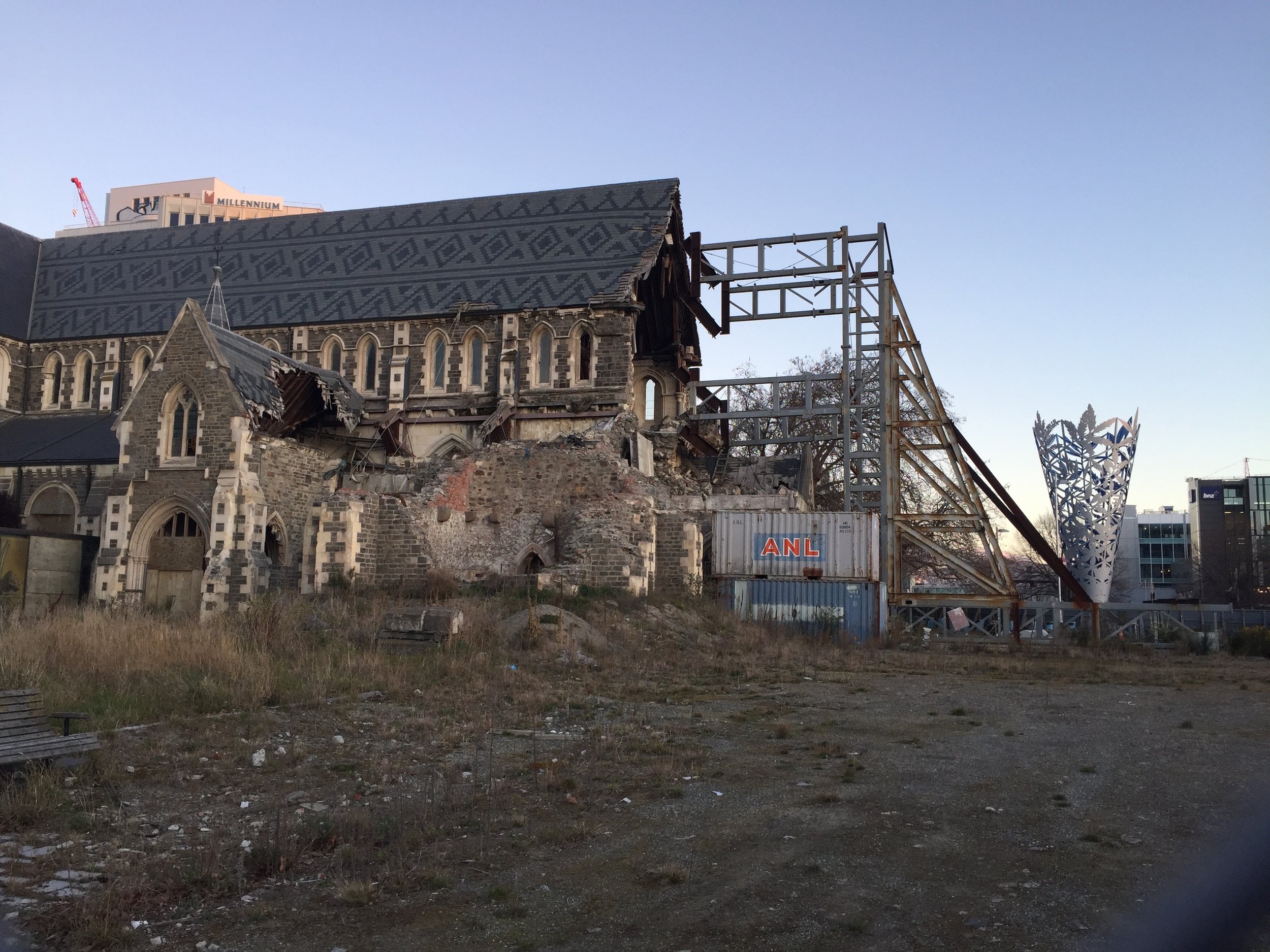Happy UNESCO Birthday to Us!
It’s been one year since Seattle was designated a UNESCO City of Literature. And what a year!
Let’s look back over the work that Seattle City of Literature has accomplished so far:
Creative Cities Network Update
Delegates from twenty-six Cities of Literature convened in Iowa City, April 2018
Since our designation, Seattle attended the Cities of Literature Subnetwork meeting in Iowa City (April 2018) and the Creative Cities Network meeting in Kraków (June 2018).
In Iowa City, 26 of the 28 Cities of Lit attended. Seattle was welcomed into the network with 7 other new cities. We spent time getting to know the delegates and also how the subnetwork functions.
In Kraków, 180 cities across all 7 disciplines attended. Our time was divided into a literary study trip and the UNESCO conference. Seattle also had the opportunity to meet with delegates from the other U.S. Creative Cities.
The literary study trip introduced delegates to the breadth of the literary community in Kraków, and included meetings with publishers as well as the Polish Book Institute; visits to area bookstores; visits to cultural nonprofits; and attendance at the OffMiłosz Festival and the Szymborska Awards.
The theme of this year’s conference was “Creative Crossroads,” and it focused on the idea of connection and intersection. The purpose was to “strengthen ties between cities from around the world” and to “serve as a platform to define the strategic objectives of the network,” centered around UNESCO’s Agenda 2030 and the Sustainable Development Goals.
The 17 Sustainable Development Goals are targets for the Creative Cities to strive toward as we undertake our individual and collaborative work.
Seattle presented to our literature subnetwork on our Equity Trainings, and presented as part of the full conference on a “Creative Mobilities” panel on transportation—showcasing Seattle’s Poetry on Buses.
Program Updates
Maori writer Nic Low with Jack Straw writers, October 2017. From left: D.A. Navoti, Catalina Cantú, Levi Fuller, Nic Low, Jamaica Baldwin
Seattle City of Lit has been producing and partnering on a variety of programs in the last year and a half. Here’s a bit more information about them:
Seattle City of Lit has hosted four equity trainings for members of the literary community. These trainings have focused on cultural competency, implicit bias, unpacking privilege and hiring & retaining a diverse workforce. We have some funding to continue hosting these trainings.
We partnered with our sister city Christchurch on an indigenous writers’ exchange. In 2016, Elissa Washuta traveled to Christchurch and took part in the WORD Christchurch Literary Festival. In 2017 Maori writer Nic Low traveled here and participated in LitCrawl Seattle. We also conducted a literary journal exchange where a journal from each city featured writers from the partner city to coincide with the writer’s visit.
We have had ongoing partnerships with Reykjavik City of Lit, Iceland Naturally, and their “Taste of Iceland” festival. This has included a program with saga experts and a band at KEXP (2016) and a recent visit from Reykjavik writer and environmental activist Andri Snaer Magnason.
What Have We Learned?
Since Seattle originally started the designation process, UNESCO’s focus has shifted to concentrate on ways that the network can help build sustainable cities through the arts.
The 17 Sustainable Development Goals exist to help guide the overarching work that the network undertakes and give us a framework for how the arts sectors can help create more livable cities.
We’re excited about how this work can create real impact in our city and in cities around the world. The Creative Cities Network, which Seattle is now a part of, is an amazing resource for inspiration, collaboration and best practices. And the best news?
We’re just getting started!






